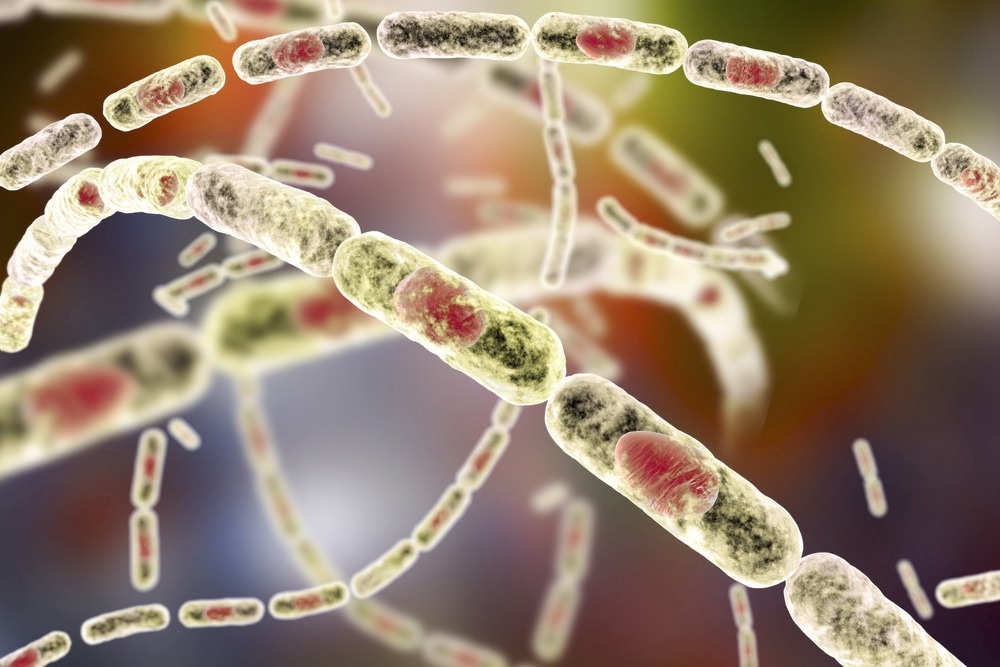Miracle Akubuo
Anthrax, a severe infectious disease caused by the gram-positive rod-shaped bacteria Bacillus anthracis, poses a significant threat to both humans and animals.
Recent alerts from experts, such as Dr. Ernest Umakhike of the Federal Ministry of Agriculture and Rural Development in Nigeria, emphasize the importance of vaccination and hygiene practices to mitigate the spread of anthrax.
Anthrax is a naturally occurring disease found in soil, affecting domestic and wild animals worldwide. Humans can contract anthrax by coming into contact with infected animals or contaminated animal products. Crucially, anthrax cannot be transmitted from person to person and is exclusively linked to contact with animals.
The Devastating Impact
When anthrax spores enter the human body, they can activate, multiply, and produce toxins. This can lead to severe lung problems, pneumonia, difficulty breathing, shock, and even death. Inhalation of spores or exposure through cuts or abrasions on the skin are common routes of contamination. Similarly, animals can become infected by inhaling or ingesting spores, particularly through contaminated water sources. Domestic animals such as cattle, sheep, goats, antelope, and deer are frequently affected.
Global Prevalence
Anthrax is most prevalent in certain regions, including Central and South America, sub-Saharan Africa, Central and Southwestern Asia, Southern and Eastern Europe, and the Caribbean. The appearance of anthrax symptoms varies depending on the type of infection and can manifest within one to two months after exposure. These symptoms include the formation of small itchy blisters, swelling around sores, painless skin sores with black centers, fever and chills, shortness of breath, confusion or dizziness, coughing, headaches, sweating, and body aches.
Expert Warnings and Preventive Measures
Dr. Ernest Umakhike, in his role at the Federal Ministry of Agriculture and Rural Development, has issued a warning regarding the current outbreak of anthrax in Northern Ghana, near the borders with Burkina Faso and Togo. To prevent the widespread transmission of anthrax, he urges states such as Sokoto, Kebbi, Niger, Kwara, Oyo, Ogun, and Lagos, which are in close proximity to the affected areas, to intensify animal vaccinations.
According to Prof. Simeon Cadmus, vaccination is a highly effective preventive measure against anthrax. Livestock owners and workers, who are at higher risk of exposure, should prioritize vaccinating their animals. Implementing comprehensive vaccination programs for livestock significantly reduces the risk of anthrax transmission to humans. Additionally, maintaining good hygiene practices, such as wearing protective clothing, gloves, and masks when necessary, especially when handling sick or diseased animals, is crucial.
Proper disposal of anthrax-infected animals is paramount. Carcasses should never be buried openly but should instead be buried deep in a pit lined with slate to prevent spore spread. Furthermore, individuals should avoid consuming uninspected or undercooked meat. Only properly inspected and cooked meat products should be consumed, and the VCconsumption of animals that have died unexpectedly or from unknown causes should be avoided.
Conclusion
Anthrax remains a grave infectious disease, impacting both humans and animals worldwide. The recent outbreak in Northern Ghana serves as a stark reminder of the urgency to implement preventive measures. Vaccination programs, hygiene practices, and responsible consumption habits are instrumental in curbing the transmission and devastating effects of anthrax. By raising awareness and taking decisive action, we can mitigate the risks associated with this serious disease, safeguarding the health of both humans and animals.













